Mental Golf Type®
Unlocking Excellence: The Journey Mental Golf Type.
What Really Set Things In Motion...
The inception of Mental Golf Type traces back to a pivotal phone call in late 2012 with a struggling professional golfer. Paul, a former D1 collegiate star, faced a steep decline in his game upon turning pro. Despite seeking help from a renowned sports psychologist, his performance continued to plummet.
It was during a self-assessment session based on Jungian typology that the breakthrough occurred. Identifying Paul's stress mode as Extraverted iNtuition shed light on his tendency to catastrophize and lose control under pressure. This revelation sparked a new approach, tailored to leverage Paul's personality strengths.
Through weeks of collaboration, we fine-tuned a strategy aligned with Paul's natural inclinations. The results were remarkable—five consecutive professional cuts and a 54 hole bogey-free streak in tournament play. However, a lapse in adherence to the newfound approach led to a setback, highlighting the importance of maintaining mental discipline.
The turning point came during a crucial tournament when Paul faced a familiar challenge. Utilizing relaxation techniques and focusing on his Mental Golf Type keys, he regained control of his thoughts, propelling him to his first professional victory with unwavering conviction.
The Move To Florida
In 2013, my wife and I embarked on a bold journey, relocating from Los Angeles to Orlando, Florida, to immerse ourselves in the epicenter of the golfing world. Settling at Heathrow Country Club, we found ourselves surrounded by esteemed coaches and top-tier facilities—a dream environment for Mental Golf Type research and development.
Collaborating with four influential coaches—Mike Bender, Cheryl Anderson, Christa Teno, and Chris Hill—proved instrumental in honing the Mental Golf Type approach. Each coach brought a unique perspective and invaluable insights, enriching our understanding of golf psychology.
Working with the Mike Bender Golf Academy offered unparalleled opportunities to coach elite junior programs and aspiring professionals. Likewise, collaborating with Seminole State College and Chris Hill across various collegiate programs provided invaluable real-world testing grounds for Mental Golf Type.



My Time With Christa Teno - Seminole State College
Leading the Seminole State College Women’s Golf Team as head coach, Christa Teno has been instrumental in shaping the future of golf talent at this esteemed junior college in Sanford, Florida. The college's unique two-year program cycle creates an unparalleled environment for the application and study of Mental Golf Types, fostering a laboratory of sorts for athletic and psychological innovation. Each year, the team welcomes a new array of players, each bringing their own distinct backgrounds and perspectives from around the world, enriching the team's diversity and potential.
Under Christa's guidance, and with the strategic implementation of Mental Golf Type methodologies, the Women’s Golf Team at Seminole State College has achieved extraordinary success. The program has won 5 National Championships, a testament to the effectiveness of this innovative approach in harnessing and enhancing the mental and physical skills of young athletes. This journey with Christa Teno at the helm showcases the transformative power of tailored mental strategies in achieving peak performance in collegiate golf. Hear Coach Teno share her experiences from this personalized approach in her own words below.

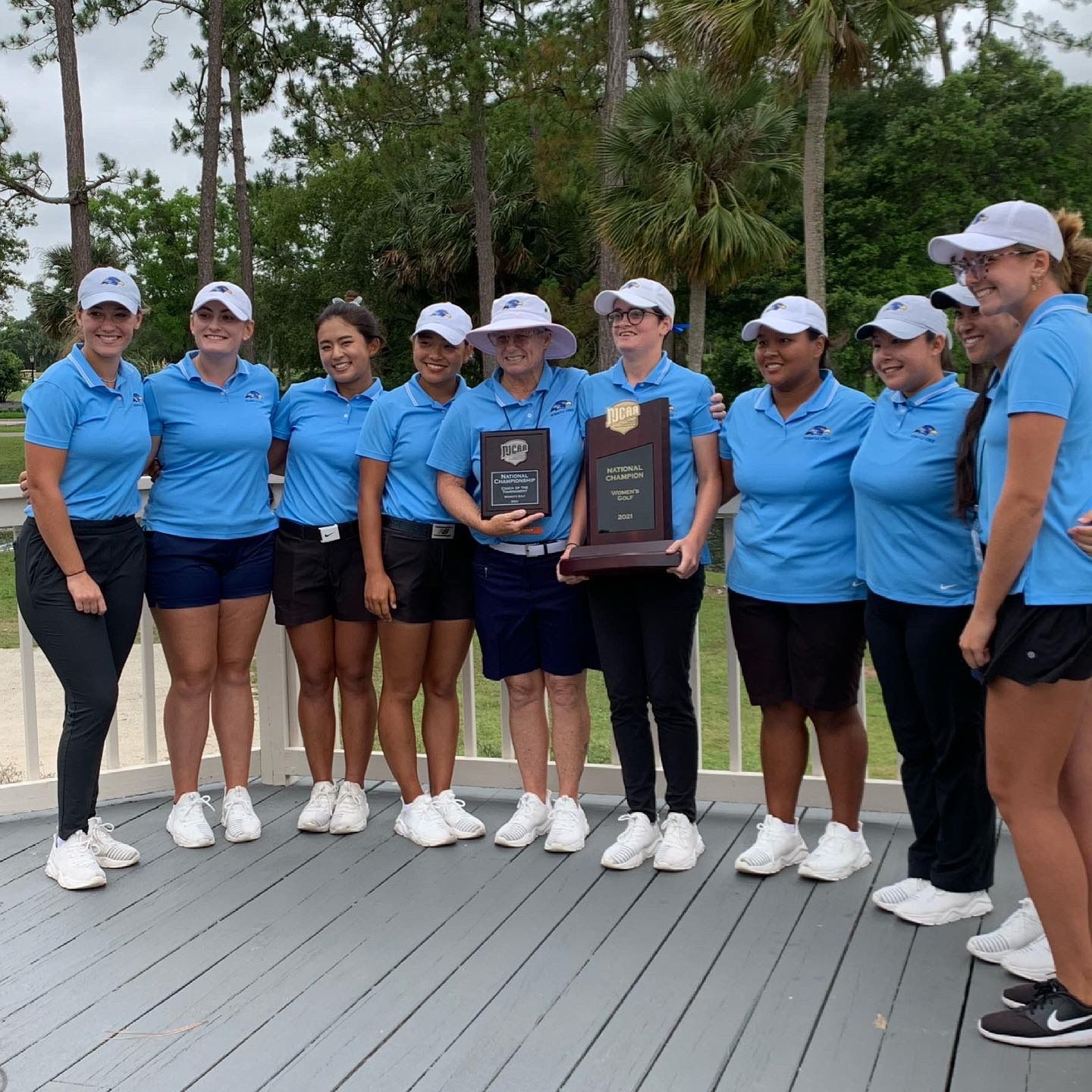
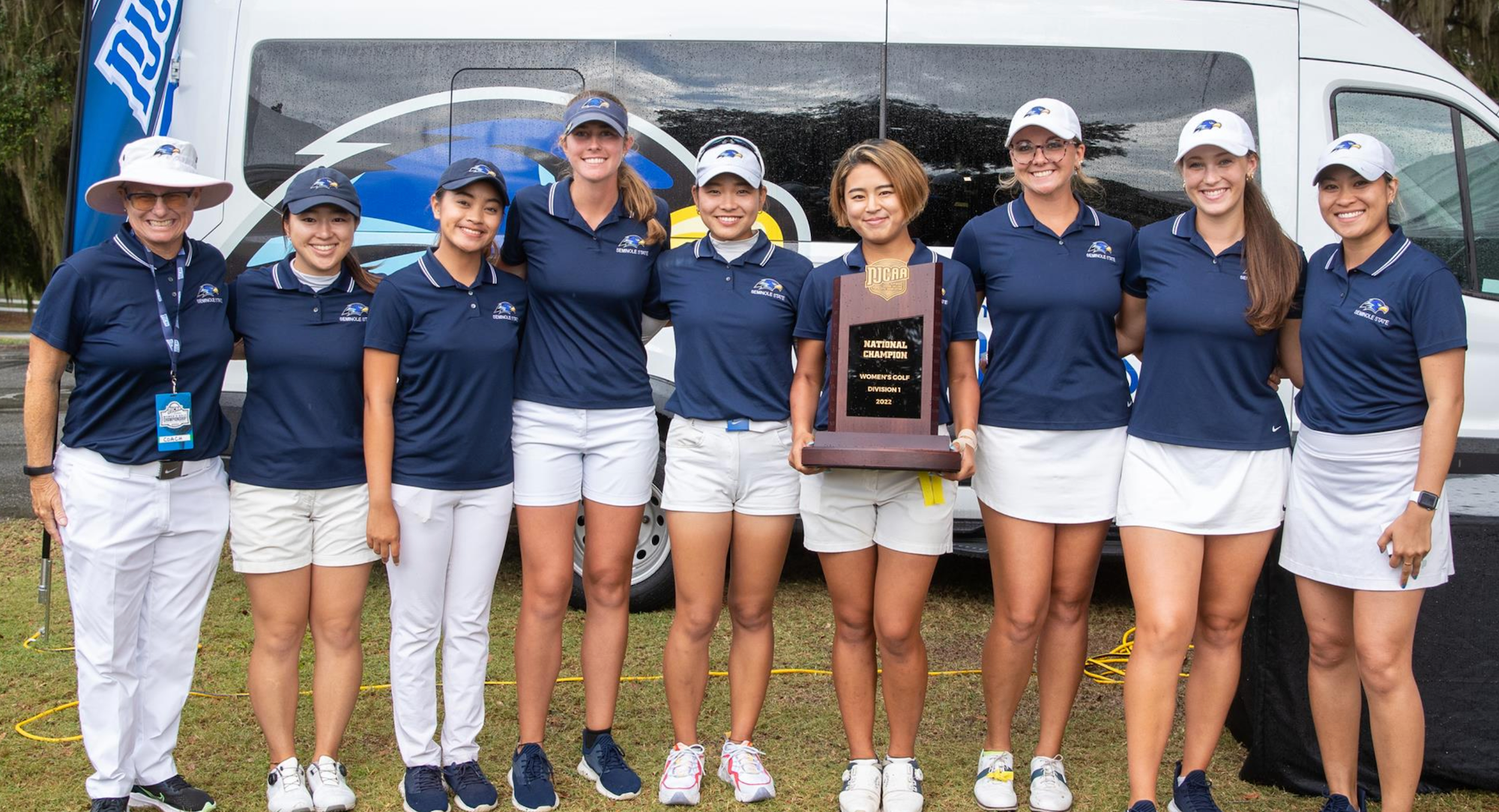

My Time With Chris Hill
Chris Hill, a distinguished coach with experience across NCAA Divisions I, II, and III, made a lasting impression during his tenure as an assistant coach for the University of Houston Men’s Golf Team. It was here that Chris implemented the foundational principles of Mental Golf Type, propelling the team to their most successful season in recent memory with a remarkable 5th place finish in the NCAA. His outstanding contributions earned him the title of NCAA Assistant Coach of the Year and a coaching position for the Palmer Cup team that following season.
My collaboration with Chris has been ongoing since that pivotal year, spanning various programs he has led. Chris's career has been marked by unique advancements, allowing us to introduce and refine Mental Golf Type across different men’s golf teams—often stepping into programs without the advantage of initial recruiting. This provided a consistent yet varied testing ground for the methodology, proving its adaptability and effectiveness.
Under Chris’s guidance, the application of Mental Golf Type consistently broke school records, showcasing its impact on enhancing team performance. Chris’s journey offers invaluable insights into the transformative power of Mental Golf Type in collegiate golf. Hear Coach Hill discuss his experiences and the success stories borne from this innovative approach in his own words below.
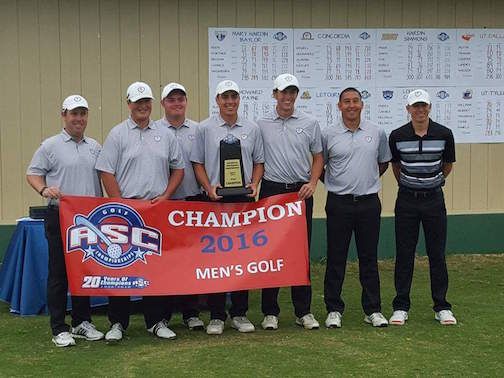
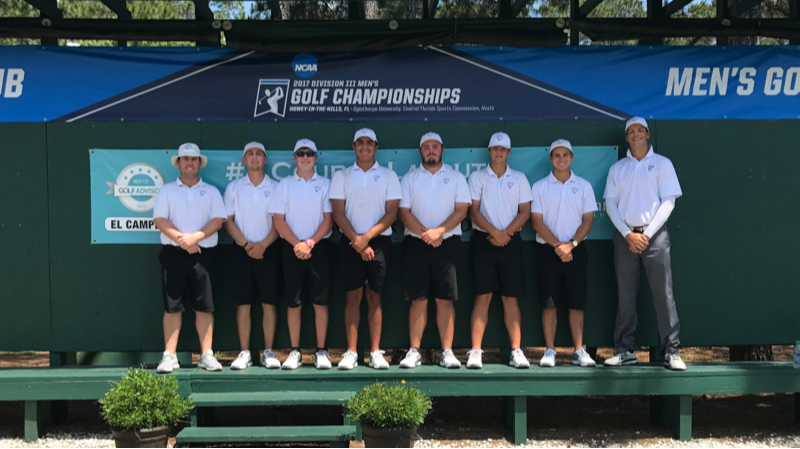
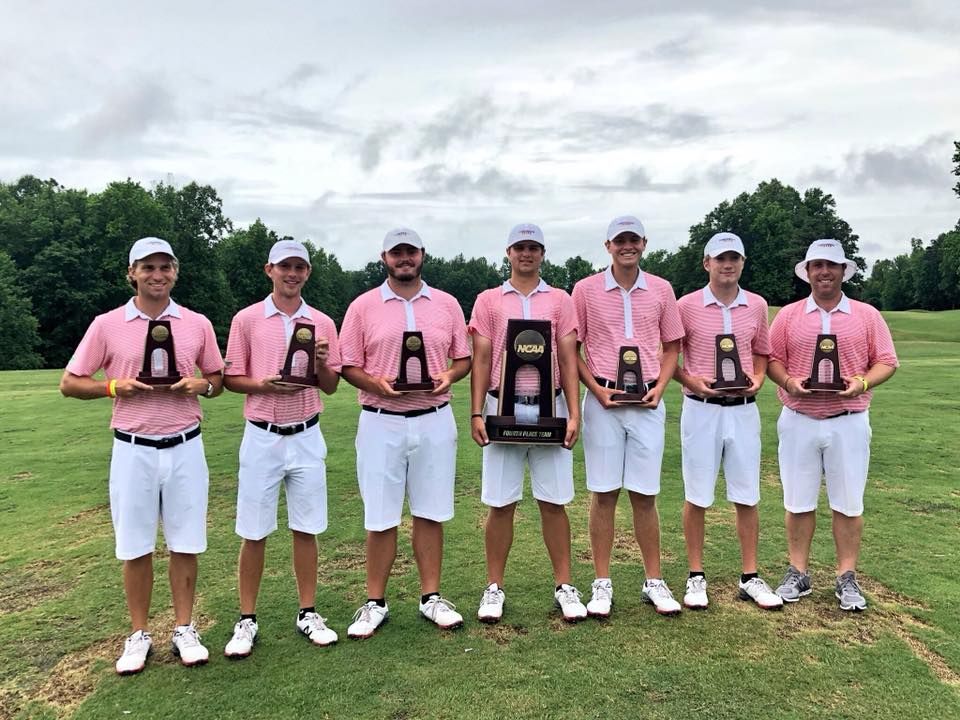
On-Course Insights and Tournament Testing
Caddying for students across diverse levels—from juniors to tour professionals—offered priceless perspectives into the efficacy of Mental Golf Type under pressure. The crucible of tournament play provided real-time feedback and validation of our approach, affirming its usefulness in enhancing performance.
Leveraging advanced technology like the FocusBand further enriched our understanding of mental states during performance. This innovative tool enabled us to monitor players' mental activity in real time, providing invaluable insights into their thought processes under pressure.



Happening Now
Currently at Mental Golf Type, we are pleased to announce that we are now Approved Educational Partners of the LPGA Professionals. Now the MGT Certification program provides continuing education units to LPGA and PGA members.
Additionally, we have partnered with The Proponent Group for a second year.
Mental Golf Type is now available as an app. Download it in your app store to access all the content from your phone.
Mental Golf Type is now available in Italian. Visit www.mentalgolftype.it.
The French translation is coming soon.


